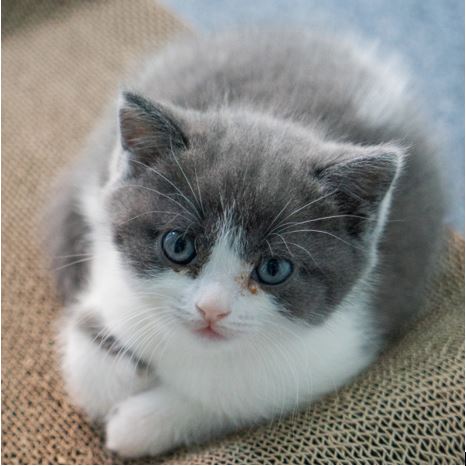Chinese geneticists hit a new milestone this year- welcoming the country’s first cloned cat "Garlic."
After the original Garlic died, his owner, Huang Yu, contacted a commercial cloning company- Sinogene. Based in Beijing, Sinogene is at the forefront of genetics and cloning.
How did they clone Garlic? They sent technicians to extract skin cells from the dead cat. Then, the DNA was infused into harvested eggs and implated into its surrogated mom. The new Garlic was born on July 21st.
Garlic (right) with his Surrogate Mom
Huang paid 35,000 USD for the opportunity to bring cloned Garlic home. Sinogene charges a bit more to clone a dog- around 53,000 USD. Apparently, dog eggs are more difficult to harvest.
While its a steep price to pay, Sinogene is betting that you can't put a price on life with your furry loved one. It also reflects a growing pet trend in Asia. The domestic pet market in China is worth an estimated 28.2 billion USD this year.
Since the first successful cloning of "Dolly the Sheep" in 1997, pet cloning has become a booming underground business. Actress Barbara Streisand famously announced last year that two of her dogs were clones.
China has become a leading nation in genetic research. A team of scientists were recently granted 2 million USD to study the use of the gene editing software CRISPR to develop a cure for HIV. They have also been on the forefront of discoveries regarding cloning. Chinese scientists first cloned a goat in 2000. Since then, they have also successfully cloned monkeys and bred dogs with super strength.
So will the future be full of superdogs? Mi Jidong, the head executive of Sinogene, said in a press conference earlier this month that the company’s goal is to use cloning to increase the populations of endangered animals. Endangered species like the giant panda and the south China tiger are next on their list.
Would you ever consider cloning your pet? How much would you be willing to pay? Let us know in the comments below!




0 Comments